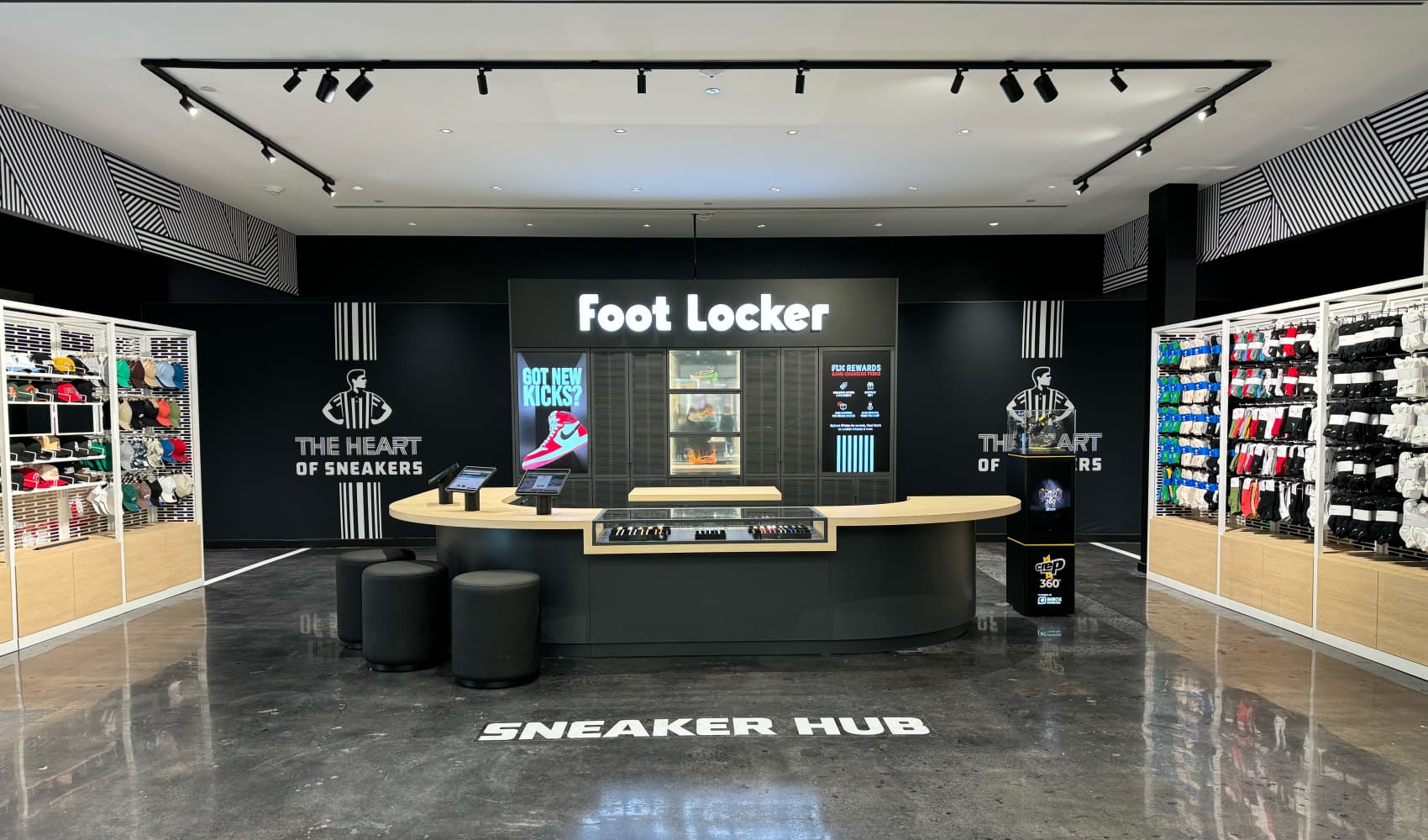
- Data analytics can provide a huge competitive advantage for companies.
- Self-service analytics tools allow business users who are not trained in analytics or data science to perform queries and generate reports on their own.
- Brand managers, HR teams, and sales organizations are just some of the functions that can benefit from self-service analytics tools.
Data analytics can provide a huge competitive advantage for companies, and any technology that delivers analytical capabilities more broadly within organizations presents a lot of potential value. That's exactly what self-service analytics is designed to do.
Self-service analytics tools allow business users who are not trained in analytics or data science to perform queries and generate reports on their own, with minimal or no need of support from the IT department.
"From a business standpoint, nearly every worker in every business can benefit from analytics," said Dave Menninger, senior vice president and research director at Ventana Research. "From pricing optimization for brand managers to hiring decisions for HR departments to territory and pipeline management for sales managers, data and analytics can improve efficiency and effectiveness."
Get New England news, weather forecasts and entertainment stories to your inbox. Sign up for NECN newsletters.
Unfortunately, even with all the advances in products, analytics has not penetrated enterprises as much as it could, Menninger said. Ventana's research shows that in three-quarters of organizations, half or less of the workforce is using analytics.
"If you believe that data and analytics can improve your operations, that's pretty appalling," Menninger said. "We did some analysis of those organizations that had higher concentrations of analytics. Those that reported higher usage of analytics had greater confidence in their ability to analyze data and were likely to report that analytics had significantly improved their activities and processes."
Two technical advances are helping improve self-service analytics, Menninger said. One is enhancements in artificial intelligence/machine learning (AI/ML), and the other is the emergence of natural language processing (NLP). "Analytics vendors are learning how to deliver results of AI/ML without requiring individuals to be data scientists," he said. "Things like augmented intelligence or automated insights apply AI/ML automatically for the users to help guide them to the most relevant findings in the data."
Money Report
These analyses are not intended to replace sophisticated AI/ML models that an organization's data science team might develop. "Rather, they are intended to make analyses easier and more consistent by conducting some analyses that individuals may not have the skills to do on their own," Menninger said.
NLP makes analytics more accessible by eliminating the need to understand SQL, database structures and the concept of joining tables together, Menninger said. "NLP capabilities are advancing quickly as evidenced by all the interest in ChatGPT," he said.
Analytics vendors are applying NLP to their products. "I saw a demonstration today of Oracle Analytics capability to generate a podcast with the observations it gathered from the data," Menninger said. "Workers can listen to the podcast as they are commuting to work or as they are on their way to visit a client."
Improvements in NLP will continue to come, Menninger said. This will range from better understanding and interpretation of natural language queries to better voice-to-text capabilities to allow queries to be spoken rather than typed.
"We'll also see more vendors adding multilingual capabilities to help reach more of the workforce," Menninger said. "We expect more and better application of AI/ML to various aspects of the analytics process."
AI/ML can help identify relevant data sources, help ensure the quality of data, determine the best presentation of information and it can help generate and evaluate alternative strategies to respond to the current situation.
Hemlock Semiconductor, a provider of polysilicon products for the electronic and solar power industries, launched a self-service analytics strategy in 2018 using Tibco's Spotfire platform. The technology is now being used by all functions of the business, said CIO Keith Carey.
The company has benefited from the speed of decision making and the speed of results, Carey said. Self-service enables functions including operations, capital and finance, procurement, and supply chain to perform data discovery and create powerful visualizations.
"We shortened the learning curve, delivered results faster, and accelerated our understanding of our manufacturing processes, which led to improving our products and reducing cost," Carey said. "Within a very short time, we saved millions of dollars by improving existing reporting methods and discovering new insights."
Hemlock Semiconductor is continuously looking for ways to innovate to remain competitive in the global polysilicon market. "Being able to fully utilize the vast volumes of data that we continuously generate became imperative," Carey said. "We needed to dive deeper into our internal processes to understand how to improve quality while controlling our costs and take advantage of potential new business models."
The Tibco analytics platform has advanced the way the company provides detailed business and operational data to its end users, without them having to wait. "Self-service capability is a key component of our IT strategy," Carey said. "With self-service analytics, we can consume and analyze multiple years of data, compared to previous spreadsheet-based data-wrangling methods that were limited to just 90 days of data."
Instead of building custom reporting applications, IT is now heavily focused on data governance and providing certified data pipelines for analytics user consumption and consistent reporting, Carey said.






